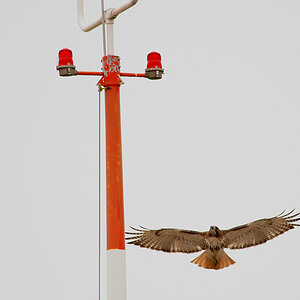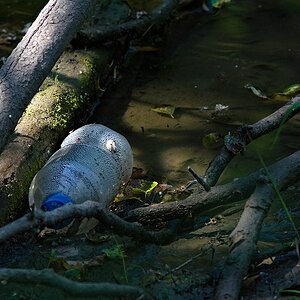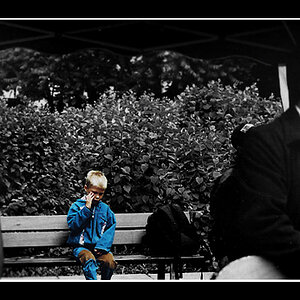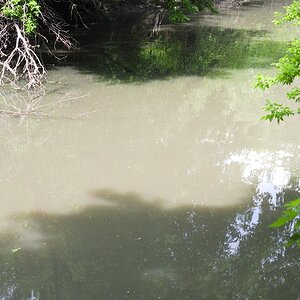Hey everyone, new to this forum and I attempted a search but couldn't find my answer.
With my Nikon D3100, I have a really wide angle lens. I have been able to capture descent photos of the night sky and stars with the 30 second shutter time. I just got a remote and can now set it to whatever time
Thing is, I can't seem to get my settings straight nor my focus..
Looking for some direction [emoji15]
With my Nikon D3100, I have a really wide angle lens. I have been able to capture descent photos of the night sky and stars with the 30 second shutter time. I just got a remote and can now set it to whatever time
Thing is, I can't seem to get my settings straight nor my focus..
Looking for some direction [emoji15]





![[No title]](/data/xfmg/thumbnail/32/32156-d6cfe2865ceed861a0633752a006ea20.jpg?1619735234)


![[No title]](/data/xfmg/thumbnail/30/30863-8c53522e4ed851e96cb7411e74b9fe59.jpg?1619734482)

![[No title]](/data/xfmg/thumbnail/30/30860-944669dcf33f1f20df14586c78ed2608.jpg?1619734480)



